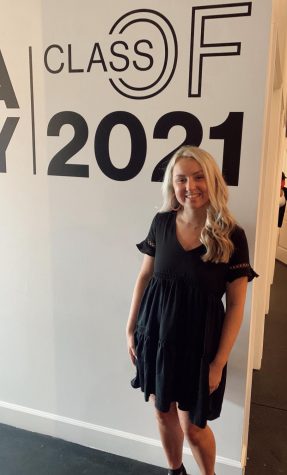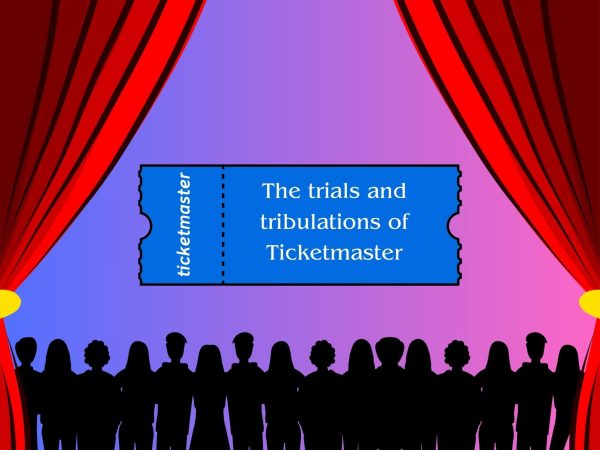The hardships of preparing for college
September 12, 2019
As soon as high school begins, parents and teachers constantly question their student’s plans for life after graduation. Even before freshman year, students take career quizzes to give them an idea of what jobs best fit them. Schools design freshman and sophomore year for students to explore interests to further narrow their post-high school plans. Juniors experience a year filled with SAT and ACT testing and preparing for the specific colleges they want to attend. Seniors start the year off with college applications and last-minute SAT and ACT testing, all while making life decisions at the young ages of 17 through 18.
Junior year maintains the common stereotype of causing the most stress, which NBC attributes to advanced placement (AP) classes, jobs, sports, volunteer work, and a general desire to stand out in the pool of college applicants. Teachers expect juniors to balance their classwork and important tests that determine a student’s readiness for college with the above-mentioned stressors, all while figuring out how to spend the rest of their life.
As seniors battle “senioritis,” they also begin applying for college starting as early as August in their final year in high school. Recently, a new college application tool, Naviance, became available for students in Cobb County and generated confusion between students, teachers, and even counselors. For the past 40 years, Common App facilitated quick and efficient college applications between students and schools. Applicants apply through the program to more than 800 schools, and Naviance acts as a tool to target schools, as well as their deadlines and statistics. Cobb County now requires counselors to implement the use of Naviance when guiding students. In addition, teachers must upload their recommendations for students to Naviance instead of Common App now. This new step for applications adds complications to the already perplexing process.
Aside from navigating Common App and Naviance, students must abide by the various college requirements. Last year, colleges such as Duke University, Princeton University, and Stanford University decided to not require students to take the essay portion of the SAT. The College Board still recommends for students to take the essay as other various schools do require it. Similar to this issue, Brown University, Carnegie Mellon University, and Wellesley College dropped the requirement for SAT subject tests. Determining which schools require which test or essay imposes confusion and stress on juniors and seniors, not to mention the pricey application fees just to attempt entrance into college.
“I think the hardest part right now is figuring out Naviance because it is new to everyone, including counselors. Everyone is still playing around with it, so we are really on our own with that part of college applications,” senior Magnet Rahel Kefetew said.
As college draws nearer for students, the pressure increases. The never-ending to-do list puts an immense amount of stress on 15-18-year-olds that feel nowhere near ready to decide how to spend every day of the rest of their lives. Standard testing requirements across the country and less pressure on students to make decisions concerning the rest of their life could decrease the hardships accompanied with applying to college.


















